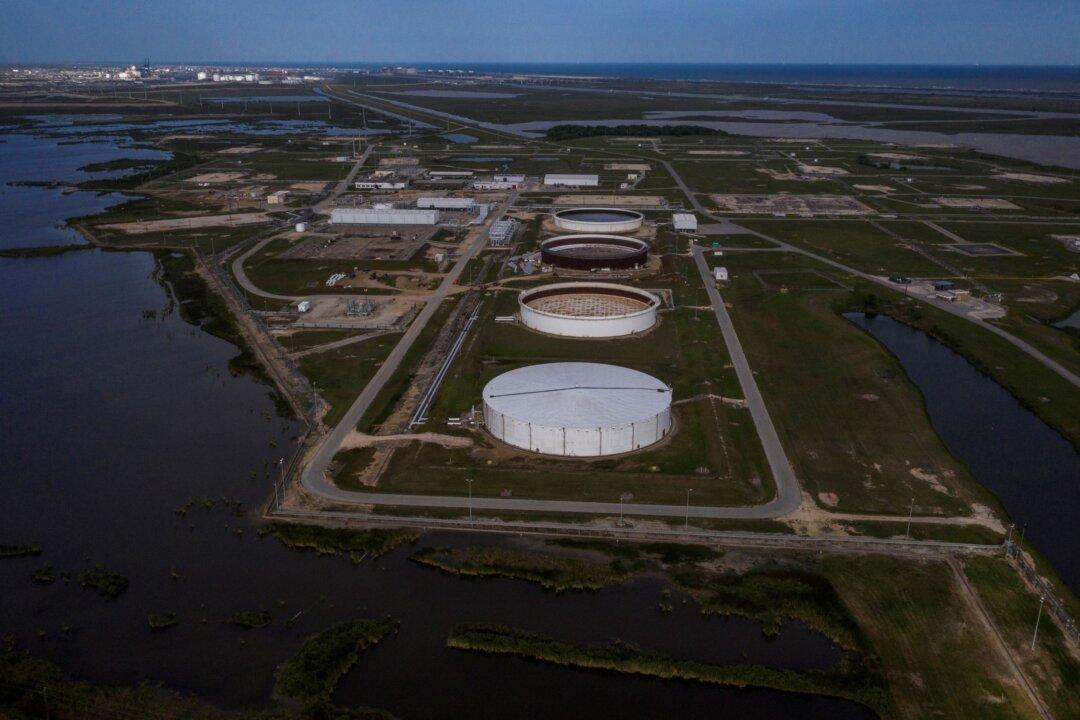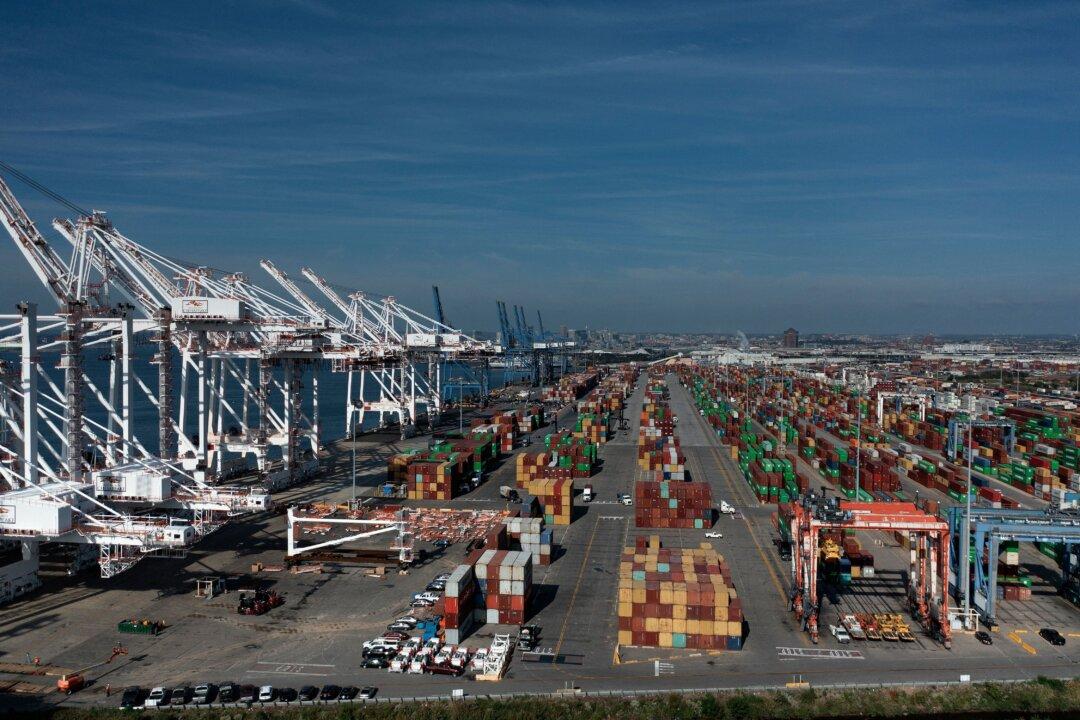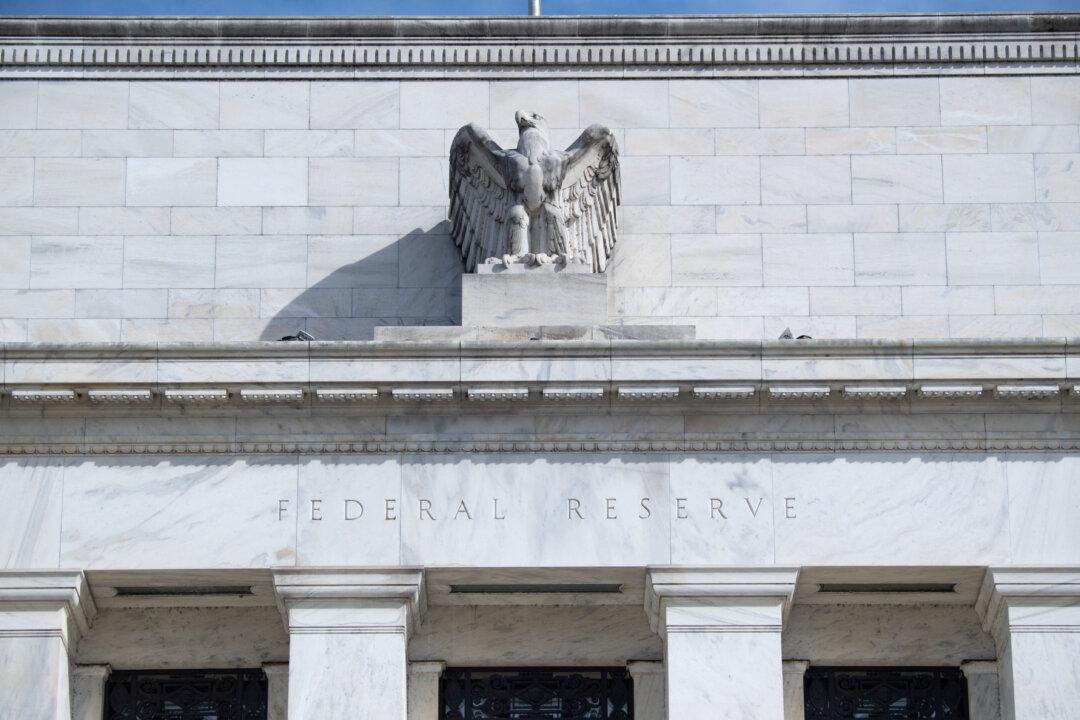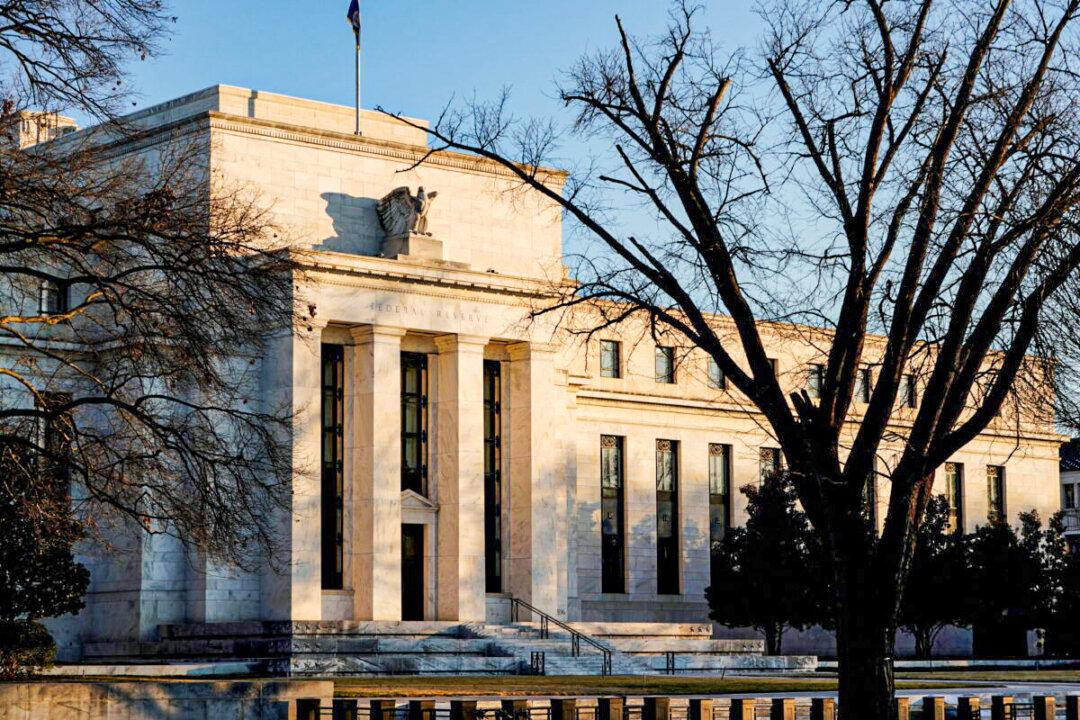Commentary
Recently, President Joe Biden and Chinese leader Xi Jinping held a virtual summit where they discussed the possibility of a joint release of crude oil from their respective country’s Strategic Petroleum Reserves in hopes of easing inflation. With inflationary effects already likely to ease, the simultaneous tapping of reserves could cause financial conditions to tighten and equity prices to correct.





